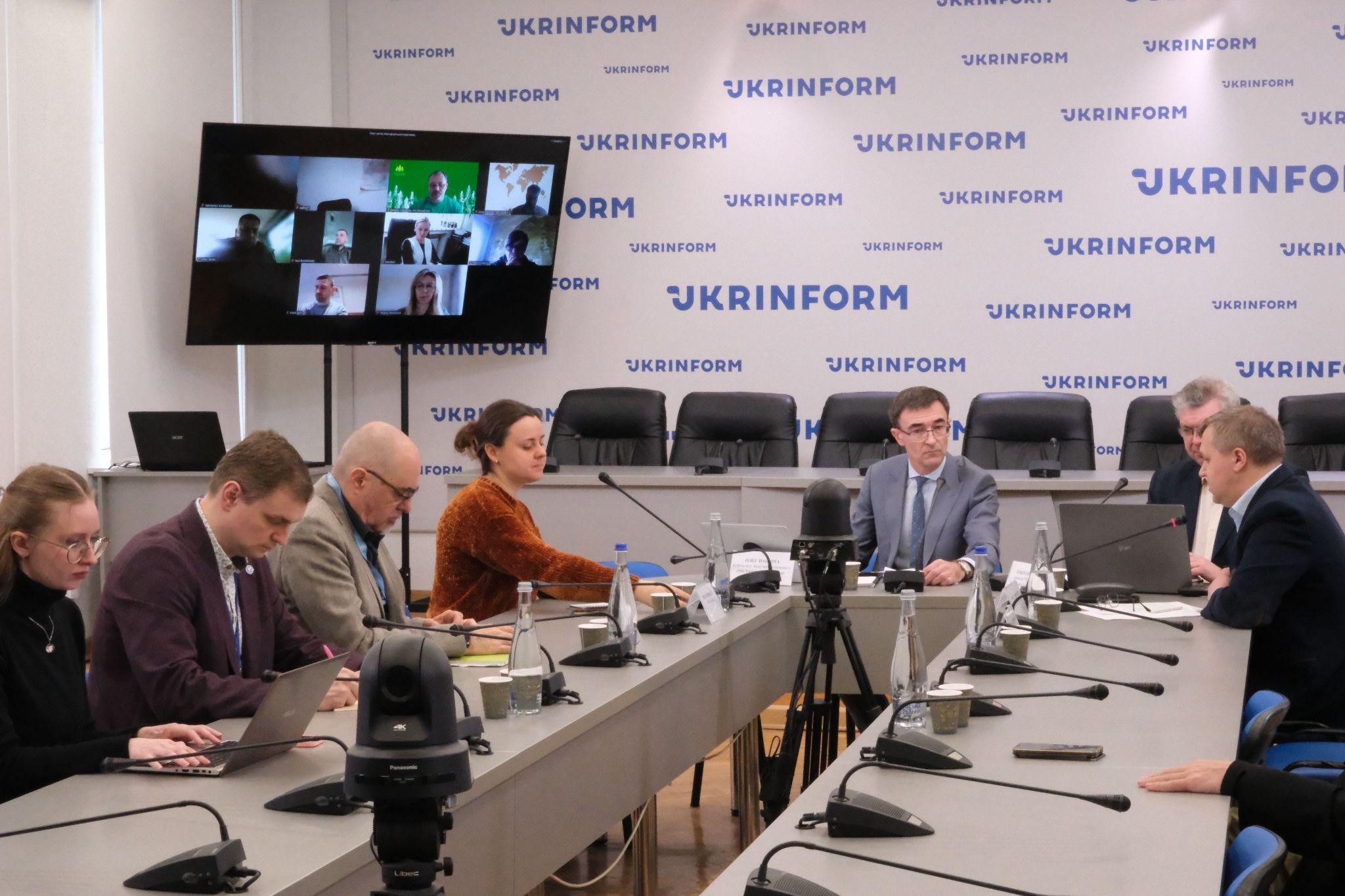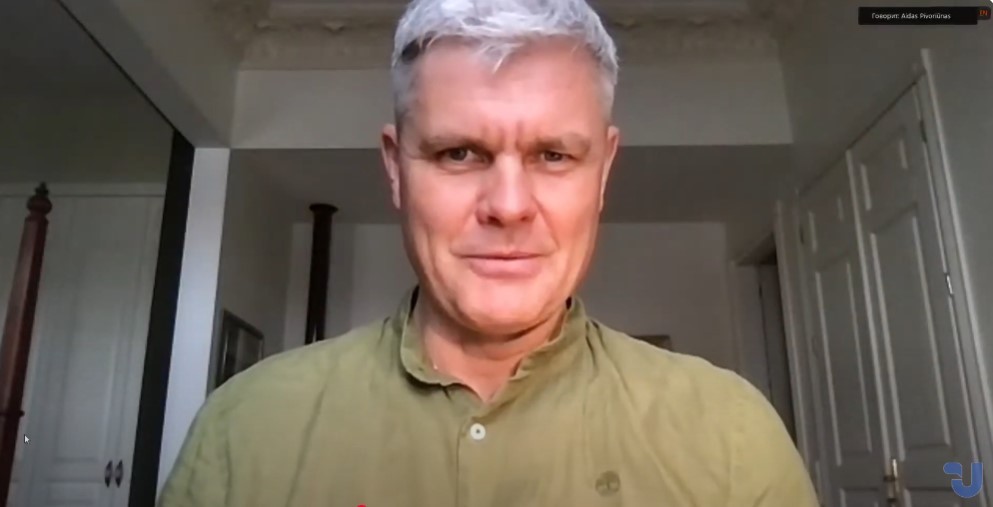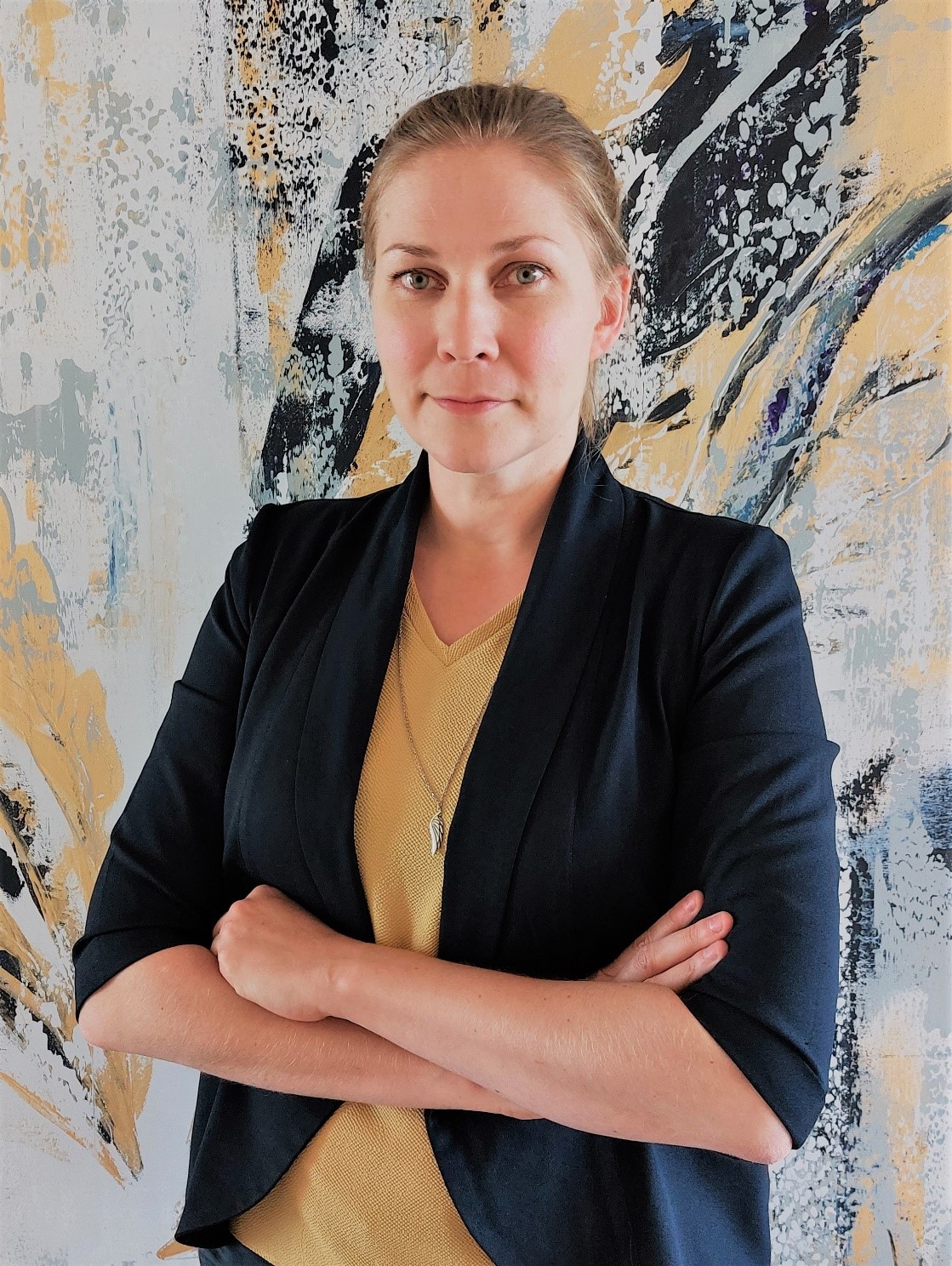Forest reform is underway in Ukraine, which, in particular, includes changes in the organizational structure of the SFE “Forests of Ukraine”. Its consequences have a significant impact on a wide range of stakeholders, such as forest workers, local communities, wood processing businesses, and the environmental community. The issues that have been discussed so far in relation to the reform have mainly concerned ensuring the continuity of supply of certified wood. However, the potential of FSC certification in the context of reforms to balance environmental, social and economic interests, given its strong roots in the Ukrainian forestry sector, is still relevant.

More than 70 participants of the roundtable, representing the forestry industry, wood processing business, non-governmental organizations, research and educational institutions, discussed the possibilities of intensifying stakeholder engagement in FSC certification as a significant factor in influencing the forestry reform process in Ukraine, taking into account the European experience of reform.

The issue of reforming the SFE “Forests of Ukraine” and its further corporatization remains in the focus of the government's attention, but forest reform is also about other state, municipal, and private forests. "The State Forest Management Strategy of Ukraine until 2035 defines the general directions of development and reform of the forestry industry. At present, the issue of 0.7 million hectares of forests not allocated for permanent use, in other words, which do not have their own owner, remains relevant. There is also another Ukrainian “phenomenon” of spontaneous forests (naturally regenerated forests on unused agricultural fields are referred to this way), which cover an area of approximately 1.9 million hectares. The reform should address the utilization of this potential of the forestry industry not only for timber, but also for non-timber forest products and ecosystem services”, said Ihor Budzinskyi, Head of the Forestry and Forest Restoration Department of the State Forest Resources Agency of Ukraine.
According to Viktor Busko, Director of the Development and IT Department of the SFE “Forests of Ukraine”, the company's development strategy includes FSC certification. The investment program of the SFE “Forests of Ukraine” provides for an annual increase in the area of certified forests by 2% until 2029. At the same time, FSC certification allows strengthening the company's management system and meeting the requirements of the EUDR Regulation to a greater extent.
The participants of the roundtable learned about the experience of forest reform in Lithuania, the main trends in forestry development in Poland, as well as transformational changes in the forestry sectors of these countries, along with positive examples and promising solutions of FSC.

FSC Project Manager FSC in Baltic States Aidas Pivoriūnas emphasized in his speech that the reform of the Lithuanian state forestry sector took place simultaneously with the introduction of the FSC standard for Lithuania and group certification of private forest owners. In a few years, the results of the impact of certification have become evident, such as “premium” prices for certified wood, respect for the needs of local communities in planning forestry activities, reduction of occupational injuries, and ensuring decent wages, etc. “The FSC standard opens ‘doors’ and new opportunities for forest enterprises and all stakeholders to take into account ecosystem services, use non-timber forest products, and appreciate the true value of forests”, emphasized Aidas Pivoriūnas.

“FSC certification in Poland, where more than 3.4 million hectares of forests are already certified, is not just a quality mark, but a key tool for balancing environmental, social and economic interests. As the Polish forestry sector undergoes significant changes, as there are growing expectations from the society regarding natural and social functions of forests, the FSC standard can help to adapt to new requirements and ensure higher transparency of forest management. For forestry and timber sector, FSC means increased competitiveness in international markets, and for society, a guarantee of responsible forest management. Thanks to almost 30 years of FSC certification experience of Polish State Forests, we see how this standard contributes to sustainable forest development, taking into account the needs of people and nature,” says Karolina Tymorek, FSC Poland Country Manager.
Voluntary FSC certification procedures significantly complement legislative requirements, contribute to increasing the openness and transparency of the forest industry, and expand opportunities to participate in decision-making on forests and forestry from the local to the global level. It is available not only to professionals but also to the general public. Pavlo Kravets, FSC Ukraine National Representative, and Dmytro Karabchuk, Executive Director of the NGO “ForestCom”, spoke about this in their presentations.

"The value dimension of FSC certification is manifested in the creative and responsible approach of a forester, the reliability of social standards, the professional pride of all actors in the system, high production culture, and respect for the interests of local communities and environmentalists. It is thanks to these values that we can facilitate the integration of the forestry sector into the European Union. At the same time, the quantitative measurement of certification in hectares and the number of certificates will continue to be an important indicator of the positive impact on the forest sector overall”, Pavlo Kravets said in his speech.

The roundtable demonstrated the relevance of FSC certification tools for achieving a balance of environmental, social and economic interests in the context of ongoing reforms, the possibility of stakeholders' influence on positive transformations in the country's forestry sector, and the importance of taking into account the experience of other European countries when shaping Ukraine's development trajectory.

